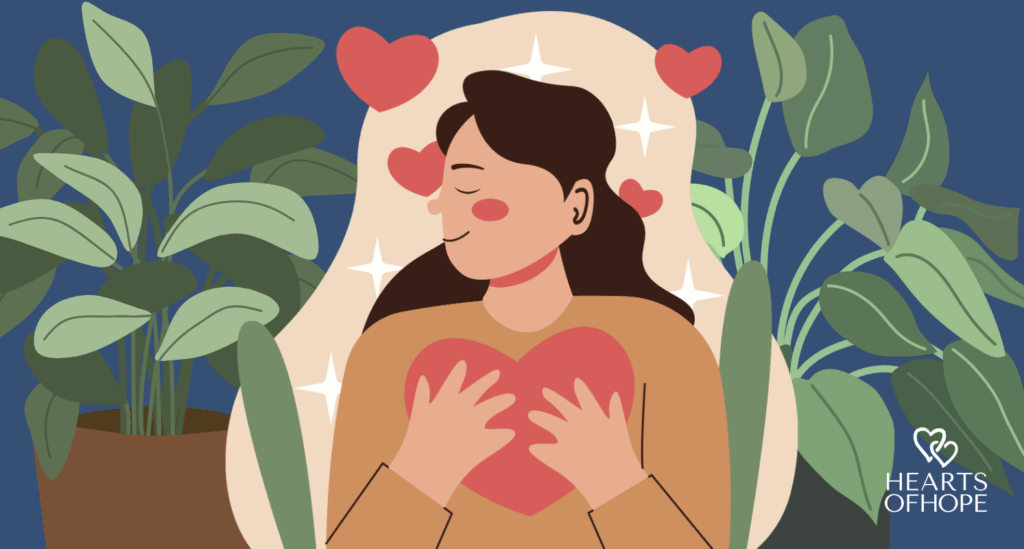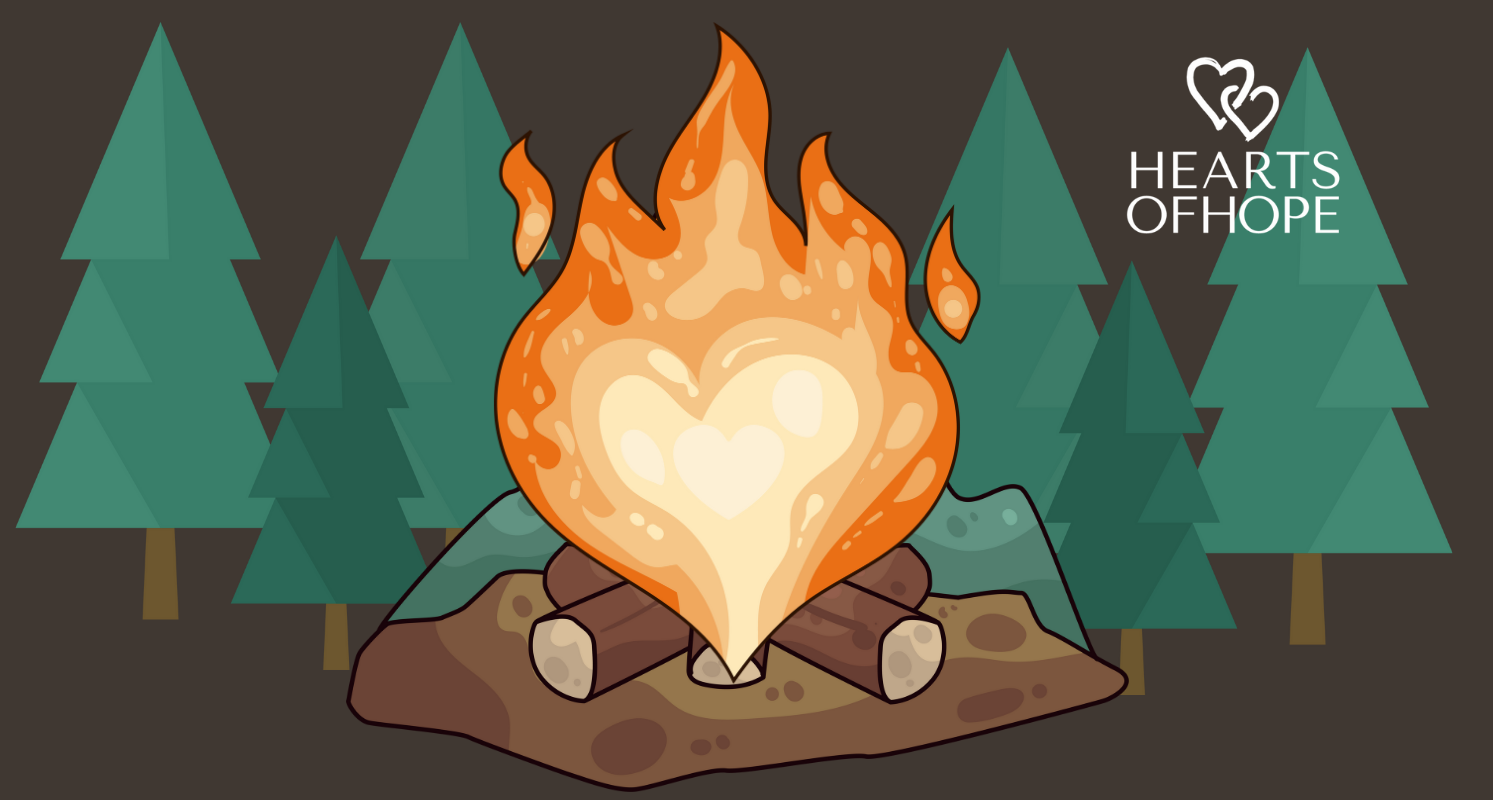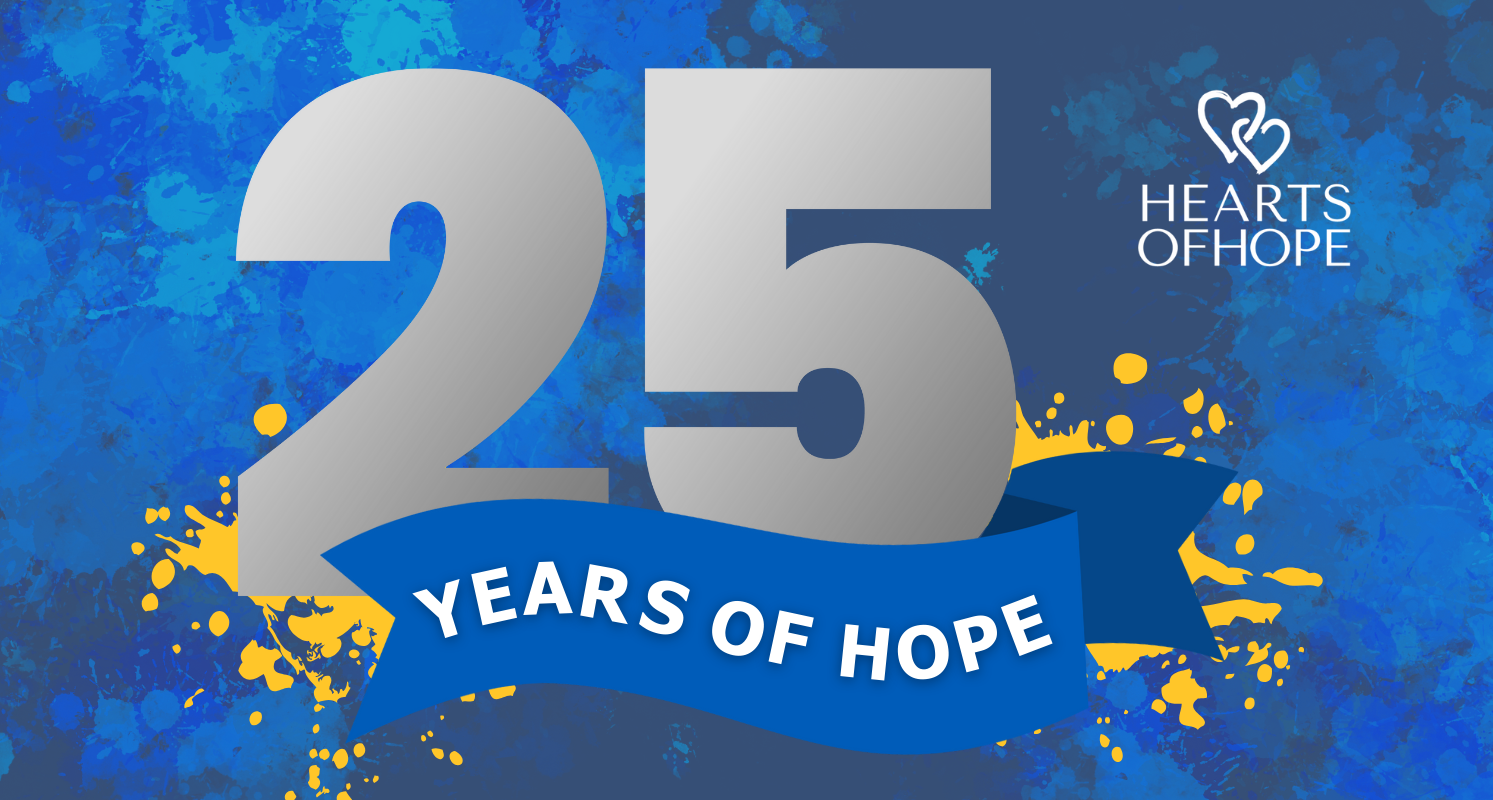Hope Heals Your Heart, and Your Mind

How practicing hope improves your mental health

Finding hope while suffering might sound at first like the platitudes we get tired of hearing. “Look on the bright side!” or “At least you still have your health!” are not the silver linings well-intentioned people think they are—not when struggles like loss, depression, and anxiety have such a life-altering impact. But hope doesn’t mean looking at the glass half-full.
According to years of research, psychologists have found that hope protects and bolsters mental health. It provides resilience against depression, anxiety, trauma disorders, and suicidal ideation. It fills our brains with higher endorphins and lower stress levels. It is an essential part of our mental health and well-being.
But how do we find hope? As we continue to feel the aftermath of the pandemic, grapple with horrifying losses due to gun violence, and face continued national division, hope feels harder and harder to come by. On top of that, each of us has our own personal story of struggle—whether we lost a loved one, act as a caregiver, or fight our own physical and mental illnesses.
The good news is that hope isn’t a passive state of being or a predisposition only for the optimists among us. Hope is an active, intentional approach to coping, and to living. It is about focusing on the things we can control and taking steps, even small ones, to get there. Having hope means believing in our own agency to achieve our goals. That doesn’t mean working toward the goal of a huge promotion at work is the route to better mental health. It could mean something as simple as thinking, one day, my goal is to get out of bed without dreading the day. To get there, maybe you let yourself sleep in. Maybe you try drinking your favorite tea first thing when you wake up. Maybe you recruit a friend to take your dogs on a walk together one morning each week.
Practicing hope does not mean discrediting essential social and structural supports, either. Everyone needs different resources, but friends, family, community service, counseling, and group therapy are just some of the things that can be critical to surviving a challenging time. It is not on you to do it all alone. It isn’t a failure to struggle with being hopeful, either. But practicing hope—even when you don’t feel it—is a powerful tool to cope, heal, and move forward. Surround yourself with people and stories who spark hope in you. Start by imagining one tiny hope for the future. Then, imagine that change, however distant it might feel, really is possible when you take that first step toward hope. Your heart and your mind will both thank you.


